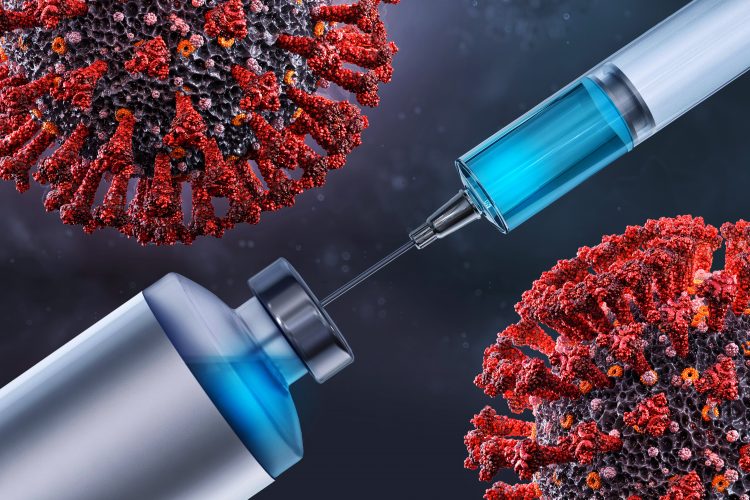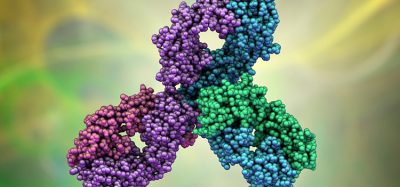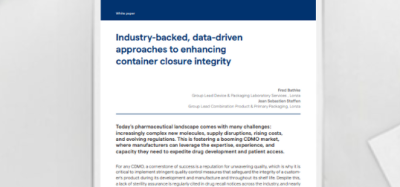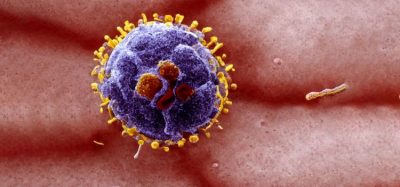Immuno-bridging studies are sufficient for authorising new COVID-19 vaccines, say regulators
The Access Consortium, comprising regulators from the UK, Australia, Canada, Singapore and Switzerland, announce that immuno-bridging studies can be used to support COVID-19 vaccine authorisation.
The UK’s Medicines and Healthcare products Regulatory Agency (MHRA) has announced that, though placebo-controlled disease endpoint trials are the gold standard for authorising vaccines, well-justified and appropriately designed immuno-bridging studies are an acceptable approach for authorising COVID-19 vaccines.
Immuno-bridging studies are controlled trials, leveraging placebo or other controls and correlates of protection such as humoral and/or cellular immune parameters to establish whether an intervention is effective.
The MHRA’s decision to support immuno-bridging studies for authorising COVID-19 vaccines was based on a workshop in 24 June 2021, convened by the International Coalition of Medicines Regulatory Authorities (ICMRA), to consider the development of COVID-19 vaccines. They focused on immuno-bridging studies because in some countries it is difficult to conduct traditional, placebo-controlled efficacy trials for COVID-19 vaccines, as few candidates are willing and available to participate.
The members of the Access Consortium, a medium-sized coalition of regulatory authorities including those from the UK, Australia, Canada, Singapore and Switzerland, agreed with the ICMRA conclusion that well-justified and appropriately designed immunobridging studies are an acceptable approach for authorising COVID-19 vaccines.
The Access Consortium stated that they consider the weight of evidence from studies with authorised COVID-19 vaccines is sufficient to support using neutralising antibody titers as a primary endpoint in cross-platform immuno-bridging trials. Though applicants must provide a clear rationale for the suitability of neutralising antibody as a primary endpoint in immuno-bridging studies, considering data that support the mechanism of action for the candidate vaccine. The consortium also recommends that applicants follow World Health Organization (WHO) standards in neutralisation assays and consult with the relevant authority early on in the study process.
In addition, applicants must provide non-clinical and clinical data, including a characterisation of comparative immunogenicity profiles, such as cell-mediated immunity; characterisation of comparative in vitro neutralisation against variants of concern; a safety database of at least 3,000 study participants vaccinated with the dosing regimen intended for authorisation; and a commitment for safety and immunogenicity follow-up for at least 12 months, among other factors.
For further guidance on what is required from immuno-bridging studies for supporting authorisation of COVID-19 vaccines, please click here.










